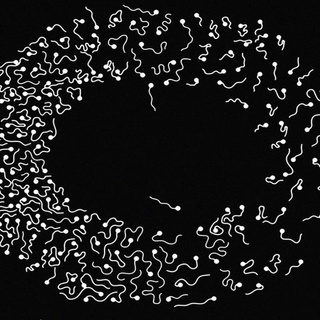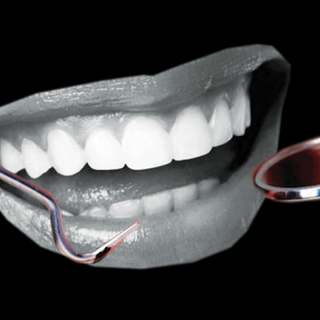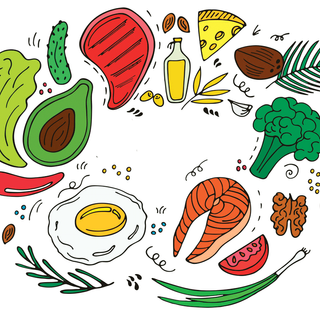How many times have you found yourself dozing off in the afternoon, after an exciting lunch perhaps, only to crave some sugar so you could get through the rest of the day? Sugar treats are widely believed to boost mood and cognition, but a recent study published in the Journal of Neuroscience and Biobehavioral Reviews doesn’t bode well for your affinity to seek out sugar (carbohydrates, or CHO) rushes.
“Overall, our meta-analysis provides no evidence of mood facilitation following CHO ingestion at any time-point following consumption. In fact, CHO consumption was related to decreased alertness and higher levels of fatigue within the first hour post-ingestion,” according to the study.
Basically, there’s no such thing as a sugar rush, researchers from the University of Warwick and Humboldt University found. They analyzed 31 published studies that evaluated sugar’s effect on mood, most of which concluded that consuming carbohydrates increased the availability of serotonin — a chemical that contributes to happiness and wellbeing. This study, titled “Sugar rush or sugar crash? A meta-analysis of carbohydrate effects on mood,” evaluated the previous studies based on their execution, such as the mental and physical state of the participants, carbohydrate type, and dose that those involved in the study ingested — and found them inconclusive, replete with “publication bias” and “selective reporting.”
They evaluated how the participants reported feeling in the studies, both physically (such as fatigue, tension) and mentally (such as alertness, anger, depression). They also took into account the varying effects of carbohydrates such as sugar, depending on the period of evaluation, i.e., 0-30 minutes, 31-60 minutes, and 61+ minutes, after intake.
Related on The Swaddle:
India Reduces Its Individual Sugar Consumption By 2 kgs Per Year
The researchers did not find any positive effects of carbs, in any of the time frames they analyzed. On the contrary, they found that CHO consumption leads to mood decrements, specifically feelings of lethargy. The study challenges the notion that “CHOs can give you a temporary ‘high’.”
One limitation of the study is that it only included the effects of sugar on “healthy” individuals, and acknowledge that mood-boosting from sugar consumption can occur for clinical populations, such as people with mental health issues that might “self-medicate” with CHO-rich meals and snacks. Interestingly, long-term consumption of CHO-rich foods has also been found to affect mental health, and lead to depression.
“In the last couple of decades, consumption of sugar-sweetened soft drinks has seen a sharp increase,” the study authors write. “As the public consumes sugar-sweetened energy drinks to cope with fatigue and negative mood, our goal was to understand whether this pervasive perception holds under scrutiny.”
Turns out, it doesn’t. It might be time to put that chocolate croissant, or that second can of coke, down, and find another harmful addiction. Atleast coffee won’t make you sad.




